Photo illustration by Kathleen Barry, UMNS
The General Conference of The United Methodist Church will be happening in Charlotte, NC, April 23-May 3, 2024. The NC Conference is sending a delegation of eight clergy and eight laypersons to attend. Anyone else who would like to experience this worldwide event happening in our home state is invited to serve as part of our Welcome Team.
Whether you plan to go to General Conference, watch it online, or just keep up with the headlines, the NC Conference Media Center offers these resources to deepen your understanding of this momentous event. Consider using these materials to:
- Learn about the history of General Conference
- Reflect on what United Methodism means today
- Dream about the future of The United Methodist Church
Past
Learn about the history of The United Methodist Church and how it relates to this year’s General Conference.
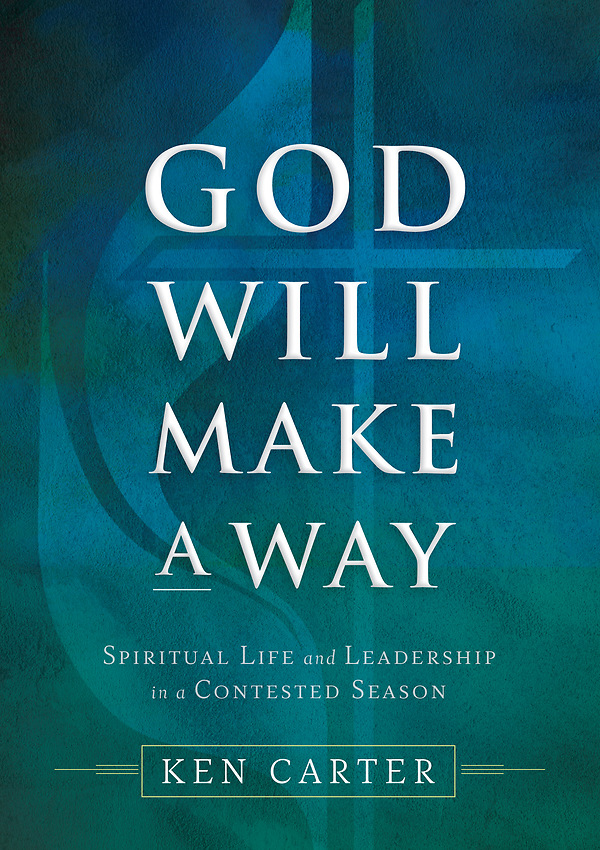
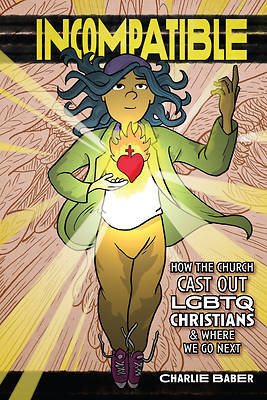
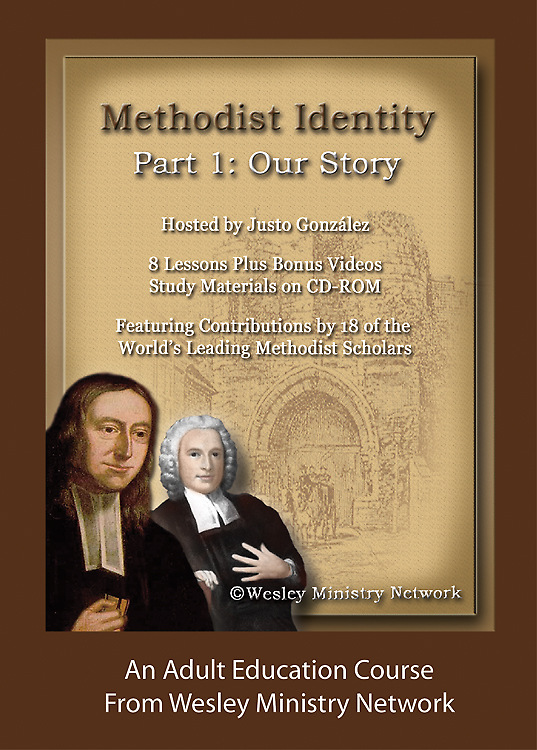
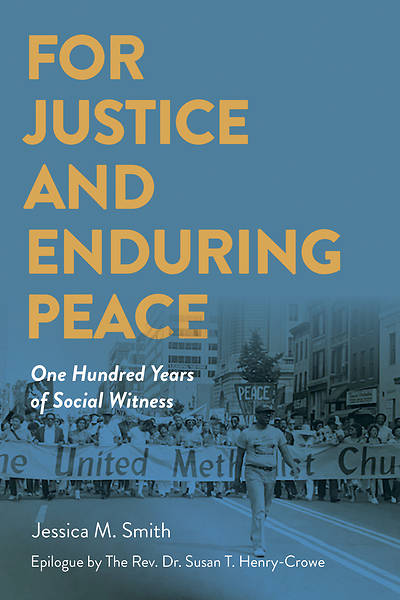
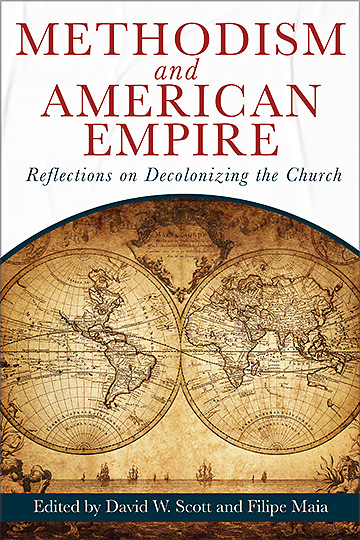
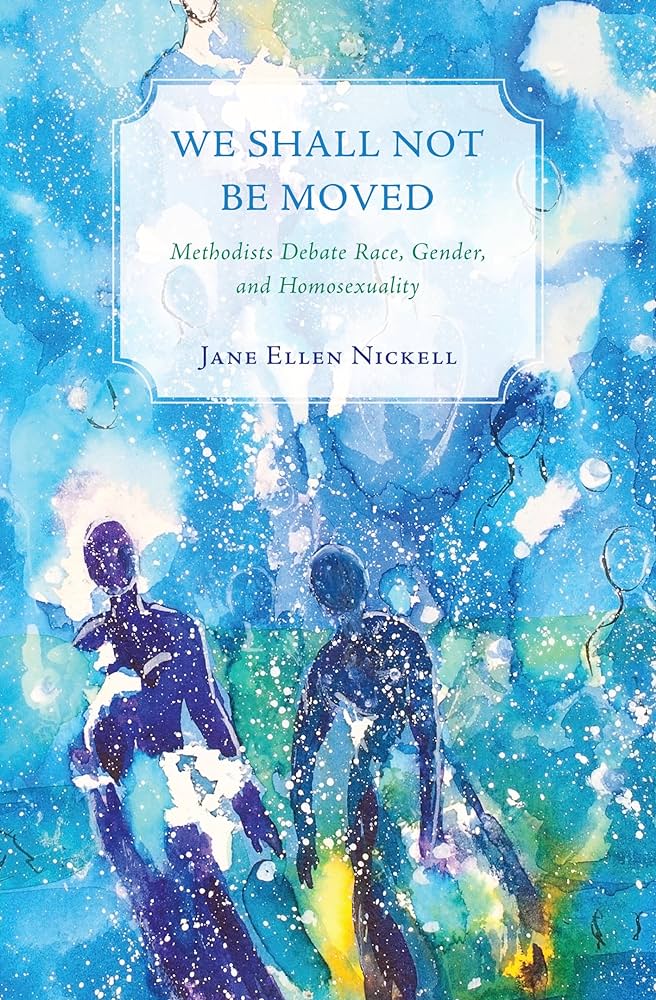
God Will Make a Way: Spiritual Life and Leadership in a Contested Season by Kenneth H. Carter. Bishop Ken Carter shares reflections from his journey from the 2016 General Conference, through his leadership in The Way Forward, his role as Presiding Bishop, into the special 2019 Conference, and the postponed 2020 General Conference in the midst of a pandemic. The book is both a spiritual journey and an inside view of one of the most tumultuous periods of national and denominational history.
Incompatible: How the Church Cast Out LGBTQ Christians & Where We Go Next by Charlie Baber. Rev. Baber writes and illustrates this graphic novel that tells the history of the “incompatibility” clause in the Book of Discipline (BOD) that states that homosexuality is incompatible with Christian teaching. Baber explains how the words were added to the BOD at the 1972 General Conference and how they continued to be challenged at every General Conference since, including this year’s General Conference where groups will continue to seek the removal of this language from the BOD.
Methodist Identity, Part 1: Our Story hosted by Justo González. In this 8-session DVD study, leading Methodist scholars describe the history of Methodism from its inception to the growth of Methodism around the world. With supplemental videos focused on Methodism in different parts of the world, this study paints a picture of the worldwide Methodism that will be brought together at General Conference.
For Justice and Enduring Peace: One Hundred Years of Social Witness by Jessica M. Smith. The General Board of Church and Society upholds the Wesleyan commitment to social holiness through witnessing to just social policies and practices. This 100-year commemorative book utilizes archival materials from the agency’s historic publications to tell the story. This year’s General Conference will consider a revision to the Social Principles of The UMC, and this book could serve as a helpful reminder of how the church has engaged with social issues throughout its history.
Methodism and American Empire: Reflections on Colonizing the Church edited by David W. Scott and Filipe Maia. Through historical analyses and theological reflections, this volume chronicles the formation of an understanding of The United Methodist Church since the mid-20th century that is both global and, at the same time, dominated by American interests and concerns. The upcoming General Conference may consider a plan to create the United States as its own region. This book provides a historical perspective on Methodism’s engagement with different parts of the globe.
We Shall Not Be Moved: Methodists Debate Race, Gender, and Homosexuality by Jane Ellen Nickel. Published in 2014, this work looks at The United Methodist Church’s conversations about the ordination of gays and lesbians in light of Methodism’s historic contests over the leadership of African Americans and women to see what can be learned from these earlier periods of change. Using the uniform context of the Methodist General Conference, where denominational policy is set, this book analyzes transcripts of floor debates in key years of these struggles, letting those who argued for and against the changes speak for themselves. It examines who holds power in Methodist churches, how changes in authority structures occur, and why it is such a long and painful process.
Present
Hear from United Methodist leaders about what Methodism means today.
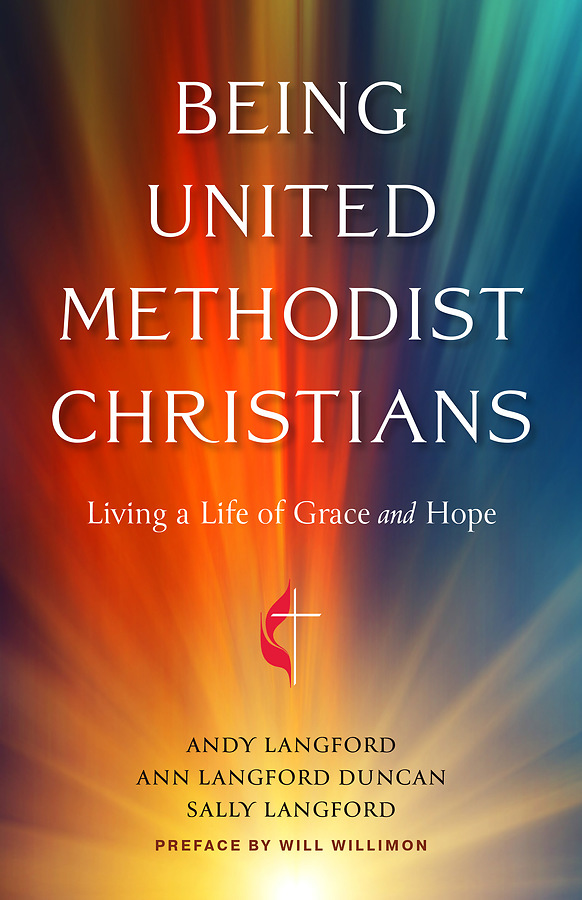
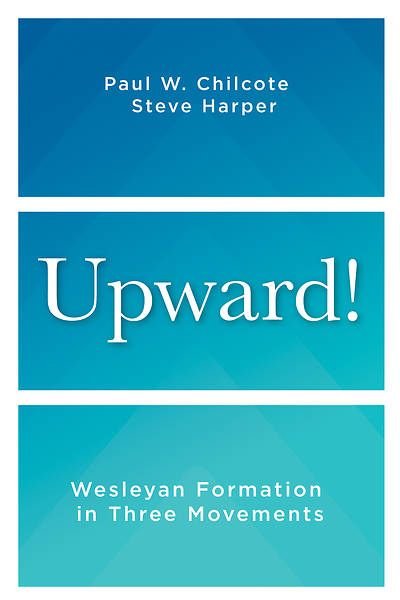
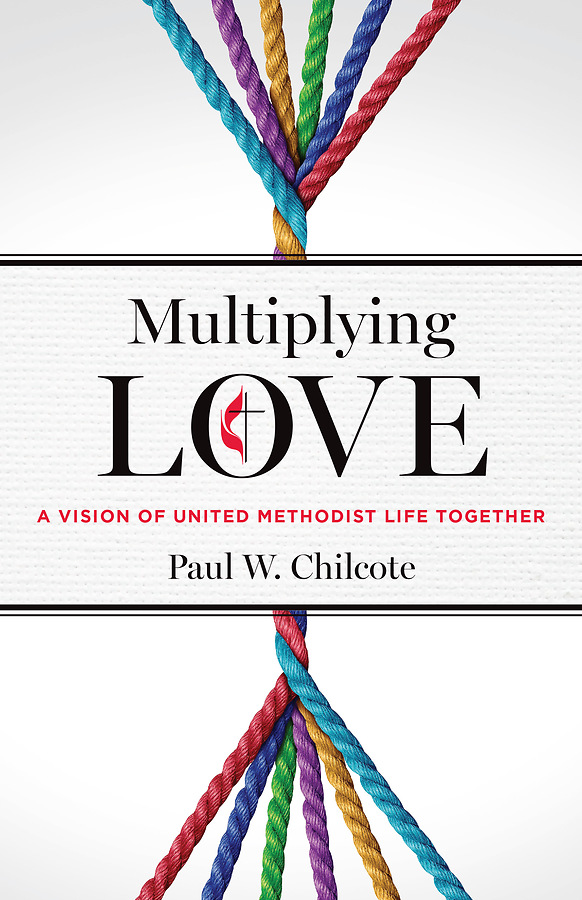
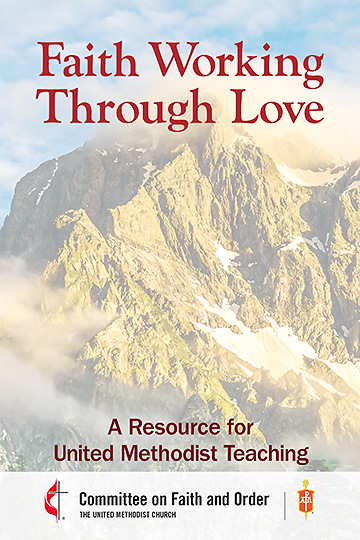
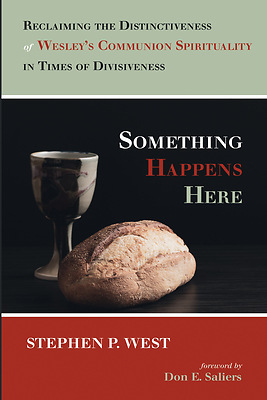
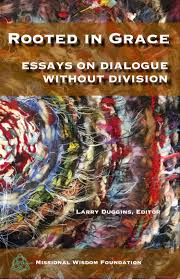
Being United Methodist Christians: Living a Life of Grace and Hope by Andy Langford, Ann Langford Duncan, and Sally Langford. How may we describe United Methodists? Where do we come from? What do we believe? How do United Methodists act? What are our distinctive characteristics? What is required to be a member of our denomination? How do we grow as disciples of Jesus Christ within this great communion? In this resource, the authors offer answers to these questions and others in broad strokes as they describe our United Methodist Church.
Upward! Wesleyan Formation in Three Movements by Paul W. Chilcote and Steve Harper. This book helps leaders and readers correct misconceptions about Wesleyan theology, clarify and reclaim Wesleyan theology, and gain a new framework for understanding Wesleyan theology and sharing it with others. It thoroughly and methodically guides readers through the distinctive qualities of the Wesleyan way—the theology, practices, habits, and attitudes that characterize Methodist people.
Multiplying Love: A Vision of United Methodist Life Together by Paul W. Chilcote. Our world needs love during these desperate days of radical polarization and division. Our United Methodist churches yearn to embrace love more completely because God first loved us. Our “faith” (including doctrine) is important; Christian “hope” (including renewal) is important; “love” of God and neighbor is more important. This book underscores what matters most and stands in contrast to divisive misreadings of essential Methodist teachings.
Faith Working through Love: A Resource for United Methodist Teaching by The Committee on Faith and Order. This book invites us to revisit and reclaim essential Christian beliefs and practices as United Methodists. In an easy-to-follow question-and-answer format, the study recaps basic teachings and practices of Christian faith and underscores the core convictions of United Methodists.
Something Happens Here: Reclaiming the Distinctiveness of Wesley’s Communion Spirituality in Times of Divisiveness by Stephen P. West. This book takes a fresh look at Wesley’s core teachings on the Lord’s Supper, letting each unique feature of Wesley’s communion theology become a lens to navigate troubled waters. The author explores the historical background of each characteristic, finds evidence in writings of John and Charles Wesley, and applies them to the struggles of present-day United Methodism.
Rooted in Grace: Essays on Dialogue Without Division edited by Larry Duggins and Andrea L. Lingle. This book is a collection of essays, liturgies, and spiritual exercises focused on staying connected during difficult discussions. While the collection was designed to be helpful in congregational discussions of the 2019 UMC General Conference and the discussion of The Way Forward, it does not specifically address questions around human sexuality. Rather, it addresses the vanishing art of disagreeing without devolving into animosity.
Future
Dream with United Methodist leaders about the future of The United Methodist Church.
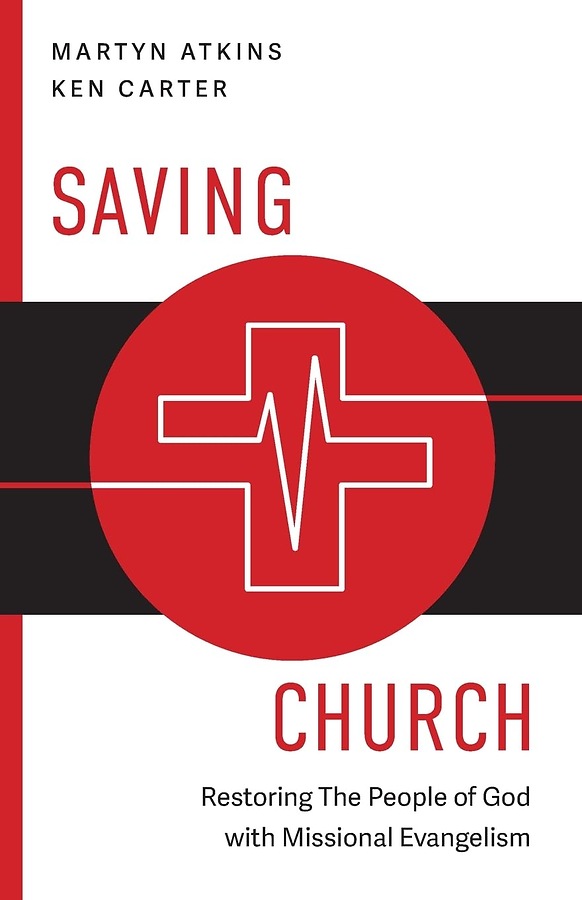
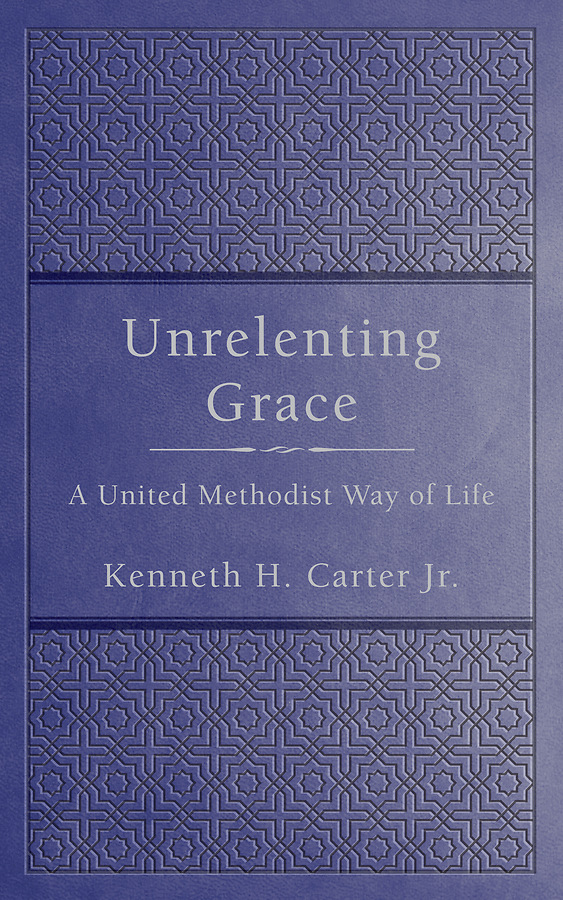
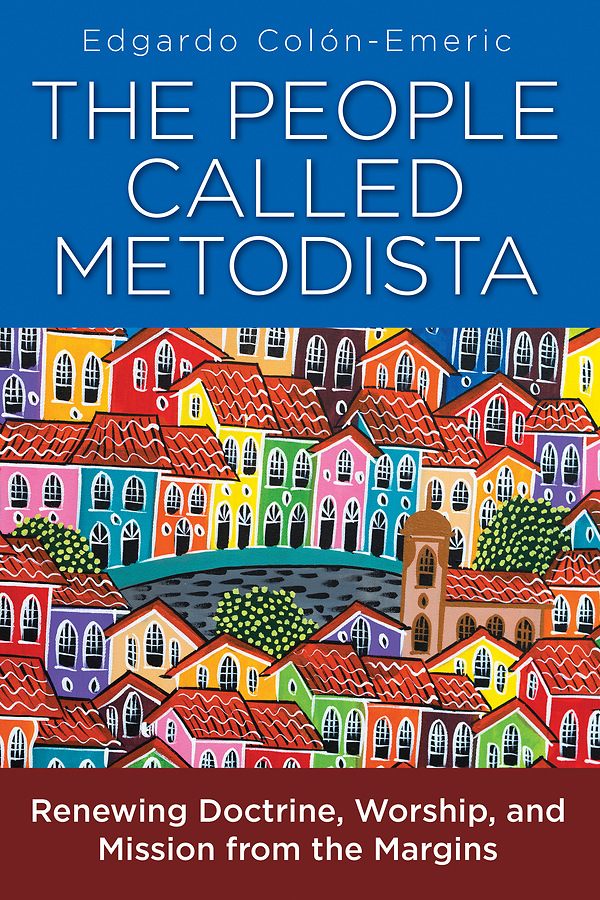
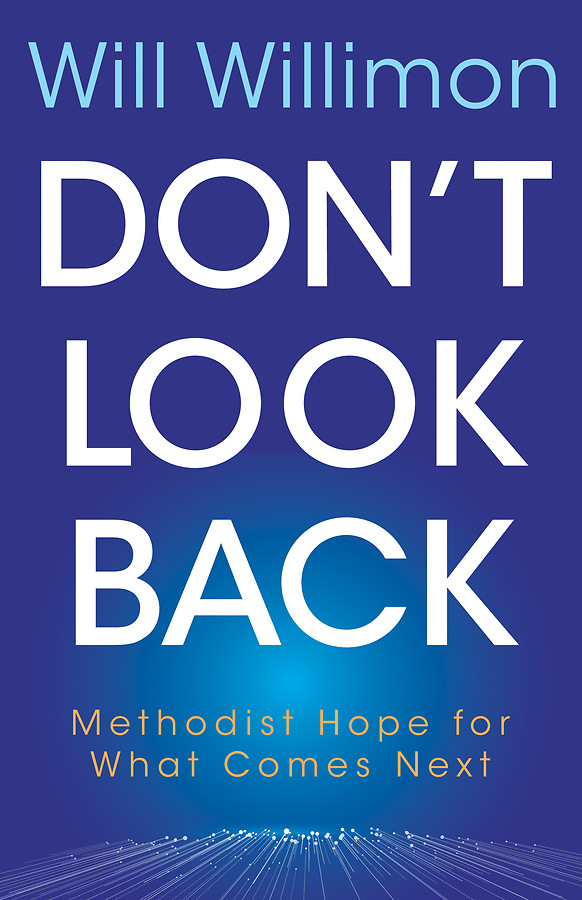
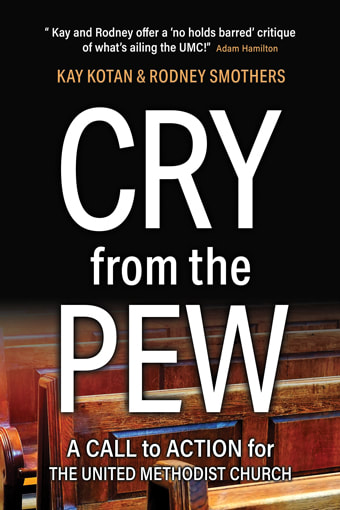
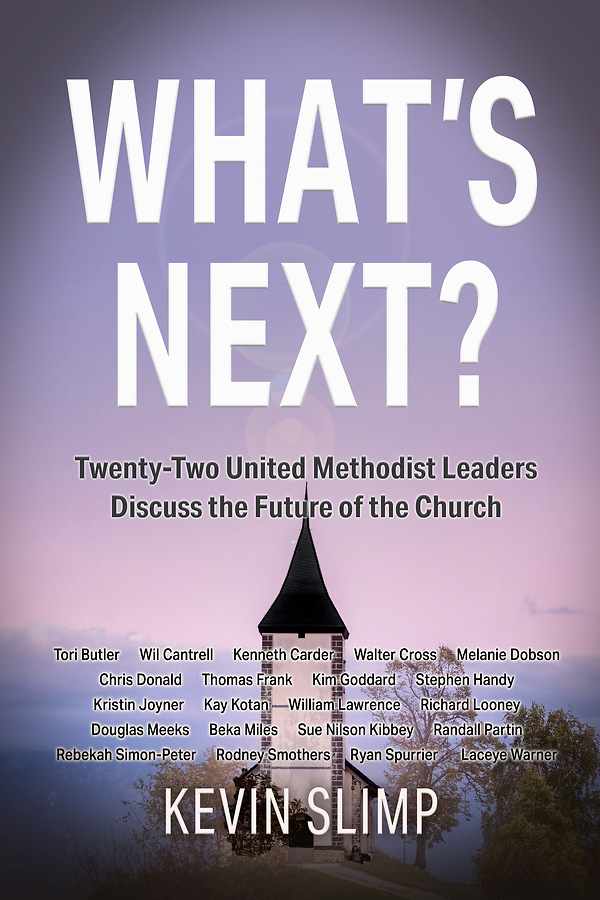
Saving Church: Restoring the People of God with Missional Evangelism by Martyn Atkins and Ken Carter. Combining the expertise and experiences of two giants of missional theology and the Fresh Expressions movement, this book will give you a fresh perspective on what church can be and help you reframe, retrieve, and reclaim the Church’s role as a healing, saving force in the world. Through storytelling, biblical anecdotes, and honest experience, you will walk away excited for the future.
Unrelenting Grace: A United Methodist Way of Life by Kenneth H. Carter. This simple book provides guidance for taking small steps into the future as individuals and as communities of faith, offering these assurances: God is with us. We are not alone. God’s grace is sufficient. Through this book, United Methodists will rediscover, redefine, and reclaim our core values of grace, holiness, and connection, which pull and prod our hearts closer together in relentless love.
The People Called Metodista: Renewing Doctrine, Worship, and Mission from the Margins by Edgardo Colón-Emeric. Church renewal burns with fiery passion among the LatinX pueblos and barrios, and this energy in Latin America can be harnessed to reform doctrine, worship, and the core purpose of Methodists. This book tests whether renewal of doctrine, worship, and mission can happen by looking to the experience of Methodists in LatinX and Latin American ecclesial contexts.
Don’t Look Back: Methodist Hope for What Comes Next by Will Willimon. Some pastors and congregations have managed remarkable innovation, creation of new ministries, courageous pruning of old programs, and rediscovery of core Wesleyan convictions in recent years. Others have experienced a long, slow-motion, downward cycle of loss. Willimon spent a year committed to asking questions and listening carefully in conversations with clergy, organizational leaders, and parishioners across the U.S. What’s next for Methodist church folk?
Cry from the Pew: A Call to Action for The United Methodist Church by Kay Kotan & Rodney Smothers. The authors offer a “no holds barred” critique of what’s ailing the United Methodist Church and concrete suggestions for creating a dynamic United Methodism. An important conversation for any who love the United Methodist Church.
What’s Next? Twenty-Two United Methodist Leaders Discuss the Future of the Church by Kevin Slimp and various authors. Slimp asks 21 United Methodist lay and clergy leaders to share their thoughts about a simple question: “Once the next General Conference eventually concludes, some will go in different directions but most of us will still be calling ourselves United Methodists. What’s next?” Their answers run the gamut from personal spiritual disciplines to congregational communities, from higher education to houses of worship, from remembering our covenant to being the church in a post-pandemic world.
Request These Resources
These resources can be borrowed for free by anyone involved with a United Methodist Church in the North Carolina Conference. We will mail them to your home! All you need to do is fill out the Resource Request Form.

